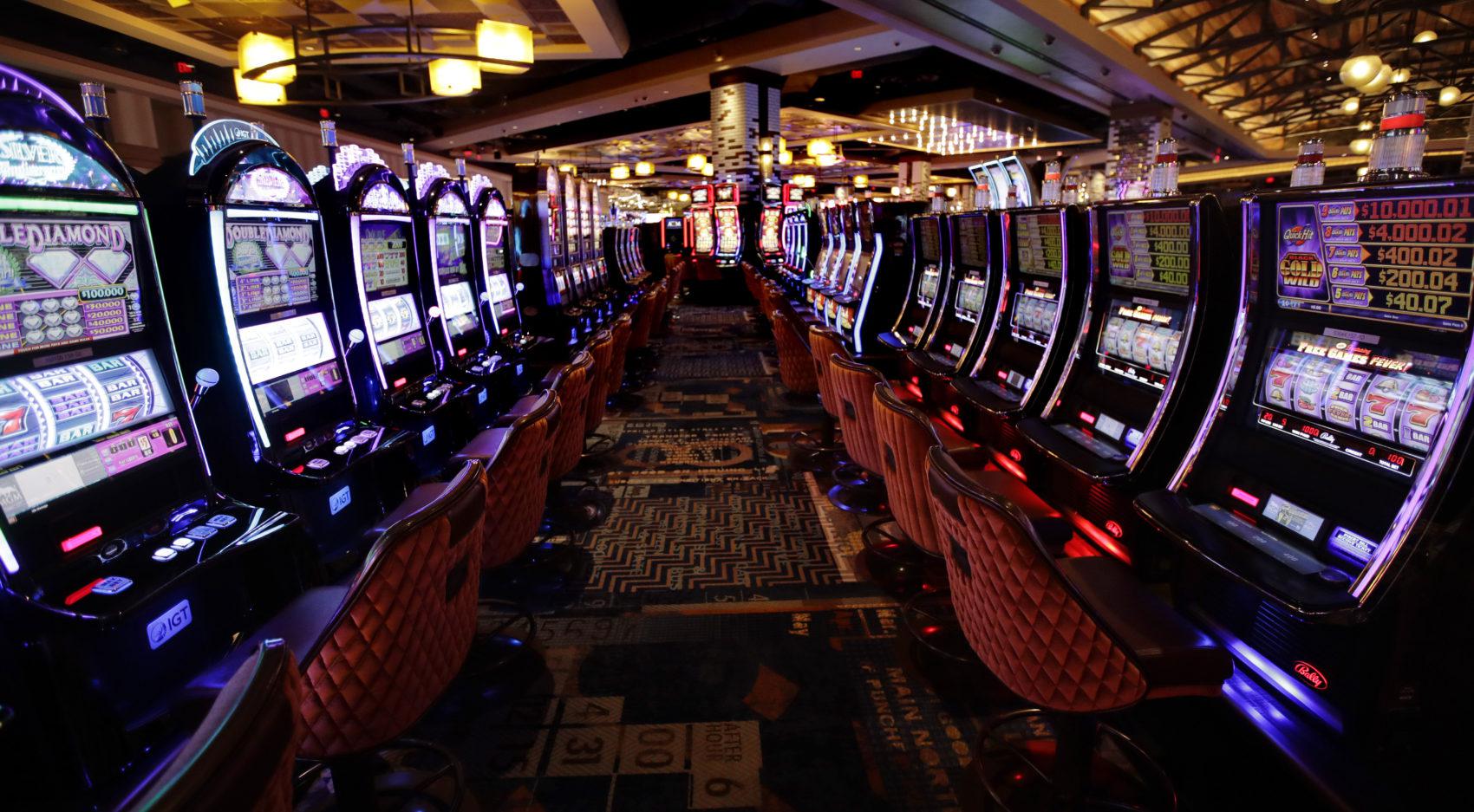
Casino experiences have long captured the fascination of people around the globe, becoming an important part of both leisure and society. From the sparkling lights of Las Vegas to the engaging experience of virtual casinos, these games evoke excitement, uncertainty, and sometimes even a sense of sentimentality. They are more than just pastimes; they have woven themselves into the texture of society, influencing everything from movies and songs to style and writing.
The charm of casino games transcends the wagering aspect, tapping into wider themes of serendipity, risk, and human behavior. As players gather around a poker table or spin the wheel of fortune, they engage in an timeless ritual that connects with our communal desire for excitement and unpredictability. This fascination has led to the emergence of numerous references in cinema, songs, and video games, showcasing how strongly entrenched these activities are in mainstream culture. Whether it is the high-stakes tension of a traditional robbery film or the colorful nightlife portrayed in music videos, casino games have established a substantial role that reflects our relationship with reward.
Historical Impact of Casino Activities
Casino activities have played a key role in social aspects throughout history. Originating from old societies, forms of chance were often linked to rituals or events. For instance, early forms of these activities can be traced back to historic China and the Romans, where die games and betting on results were popular pastimes. These activities not only served as leisure but also as methods of social interaction, facilitating relationships among people within communities.
As cultures evolved, so did the sophistication and organization of casino games. The establishment of official casinos in the 17th century, particularly in the Italian region, marked a significant shift in how games were viewed and organized. With specific spaces for gaming, the casino became a social hub where people from different backgrounds gathered. This change contributed to the validation of gambling, transforming it from a mere pastime into an organized industry that influenced the economy and policy.
The effect of casino games on popular culture cannot be understated. As they were popularized in literature and film, games such as poker and blackjack became symbols of chance, luck, and strategy. Iconic characters and narratives have developed around these games, reflecting societal attitudes towards fortune, prosperity, and vice. This interest with casino activities has infiltrated various forms of entertainment, solidifying their place in the public imagination and connecting them to broader cultural stories throughout history.
Depiction of Gambling Activities in Entertainment
Gambling games have long been a popular theme in different types of entertainment, reflecting both the thrill and intricacies of the world of gambling. Movies such as Ocean’s 11 and Casino Royale portray figures who navigate dangerous scenarios, showcasing not only the appeal of the gambling environment but also the tactics and decisions that come with playing popular games like poker and 21. These movies often dramatize the exhilaration of winning and the potential results of losing, encapsulating the perils involved in gambling.
TV programs have also explored the universe of gambling activities, often integrating them into the plot as a backdrop for story progression and conflict. Series like Las Vegas depict the lives of casino workers and customers, highlighting the lively, often chaotic energy of the casino floor. Docuseries featuring high-stakes gambling competitions further emphasize the fascination of gambling activities, drawing viewers into the excitement and tactics involved in each session. Through these representations, media not only entertains but also stimulates conversations about luck, expertise, and the character of randomness.
Digital games have increasingly included casino games into their design, allowing players to experience the feeling of gambling without monetary loss. Titles within the domain of online gaming often include virtual slots, poker, and other casino favorites, creating an interactive experience that mirrors traditional gambling. These digital representations make gambling activities accessible to a broad demographic, appealing to both players who indulge and those who enjoy the rush of virtual experiences. As a result, the portrayal of gambling activities in entertainment continues to shape cultural attitudes and importance, highlighting their role in society and social context.
Effect of Casino Games on Communities
Casino games have a meaningful effect on communities, affecting various aspects of societal norms and social behavior. They often function as a venue for social interaction, where people gather to experience a shared activity. Bk8 Casino trips with friends or trips to casinos become social activities that build connections and create memories. This collective aspect enhances the entertainment value of casino games, making them a favored choice for celebrations and recreational pursuits.
Moreover, gambling activities have been portrayed in numerous movies, television shows, and written works, shaping perceptions and attitudes towards gaming and gaming. Icons like James Bond playing baccarat or the high-stakes poker scenes in films have cemented these games in the shared imagination. This representation often glamorizes the lifestyle associated with gambling, attracting new players and influencing trends in both fashion and behavior. These portrayals can spark curiosity and lead to a deeper exploration of the nuances of gaming.
However, there are also negative implications linked to the widespread appeal of casino games. The temptation of quick monetary gain can lead to problem gambling and economic troubles for some individuals. Society must contend with these issues, advocating for responsible gaming and education of the dangers involved. Balancing the entertainment value of gambling activities with the potential for harm is vital to ensure that they remain a beneficial aspect of our cultural landscape.
